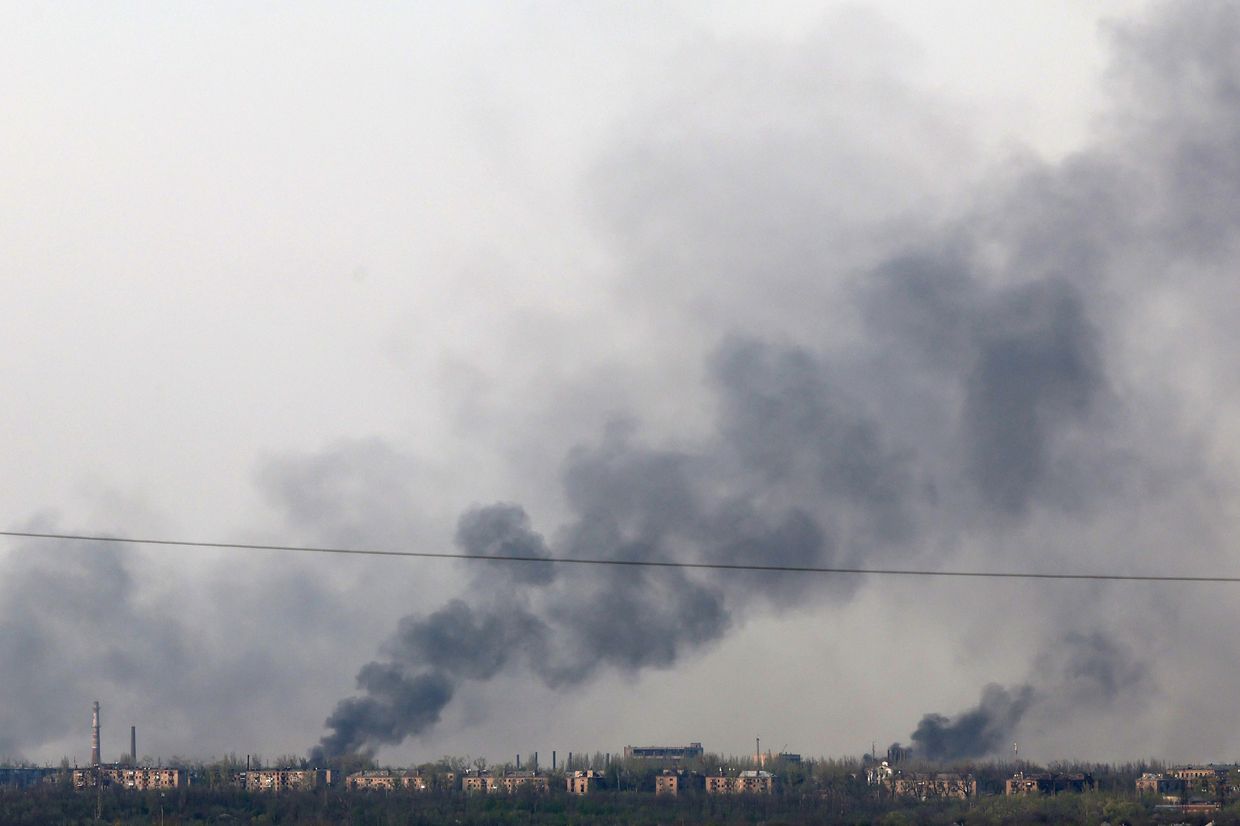ISW: Russia likely to intensify offensives amid closing window of Ukrainian material constraints

Russian forces have maintained and, in some areas, intensified ongoing offensive operations, likely to exploit abnormally dry spring ground conditions and persisting Ukrainian materiel shortages before the arrival of promised Western security assistance, the Institute for the Study of War (ISW) said in its April 20 report.
Russian forces have also sought to exploit Ukraine's degraded air defense capabilities in an effort to collapse the Ukrainian energy grid and cause long-term damage to Ukraine's infrastructure and defense industrial capacity, according to ISW experts.
"The now expected arrival of U.S. security assistance has likely emphasized these considerations for Russian forces," the ISW said. "The Russian military command will likely intensify offensive operations and missile and drone strikes to pursue operationally significant effects that will certainly become harder to achieve against well-provisioned Ukrainian forces."
Russian forces have only achieved tactical gains during the past six months of worsening Ukrainian constraints and remain unlikely to achieve a breakthrough that would collapse the front line, reads the report.
Russian forces may still be able to make operationally significant advances in the coming weeks. They may prioritize sectors of the front where the Ukrainian defense appears relatively unstable, mainly west of Donetsk Oblast's Avdiivka, or areas of the front where Russian forces are within reach of an operationally significant objective, such as near Chasiv Yar.












